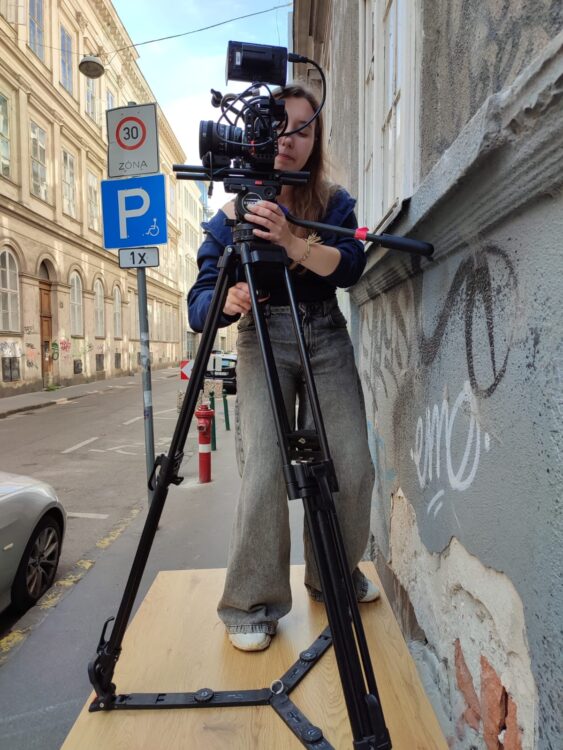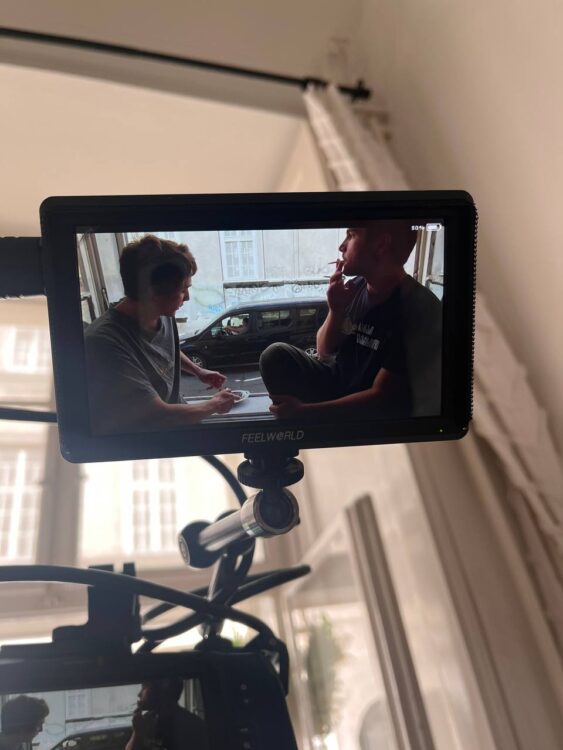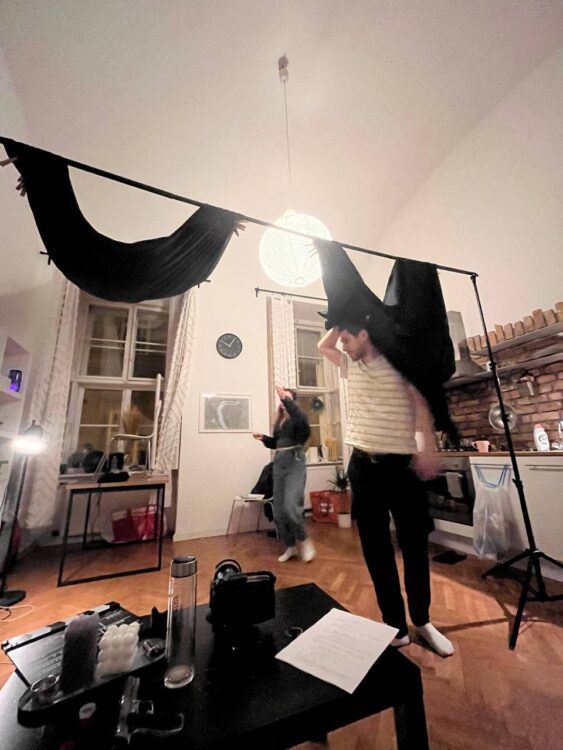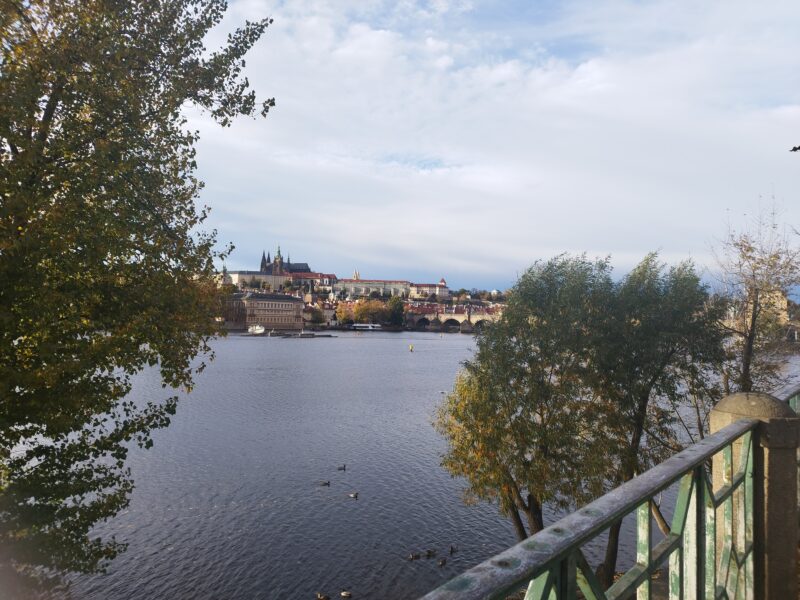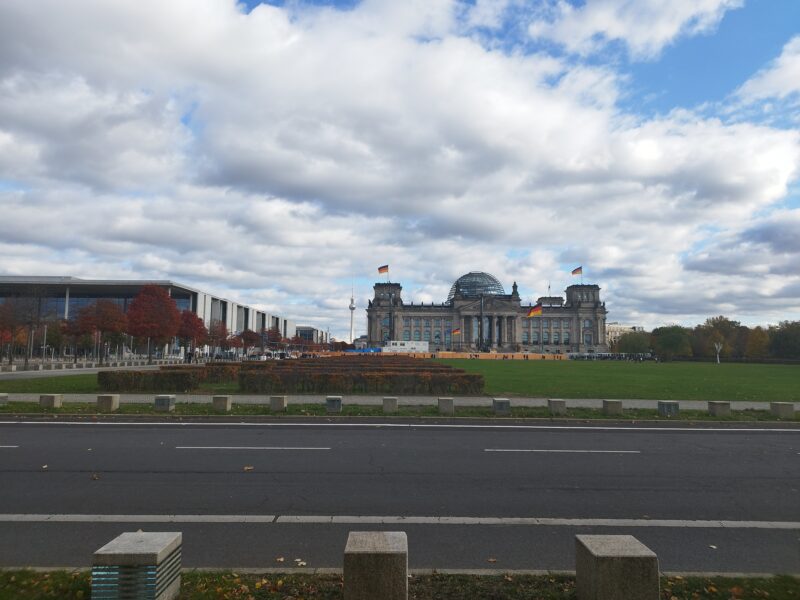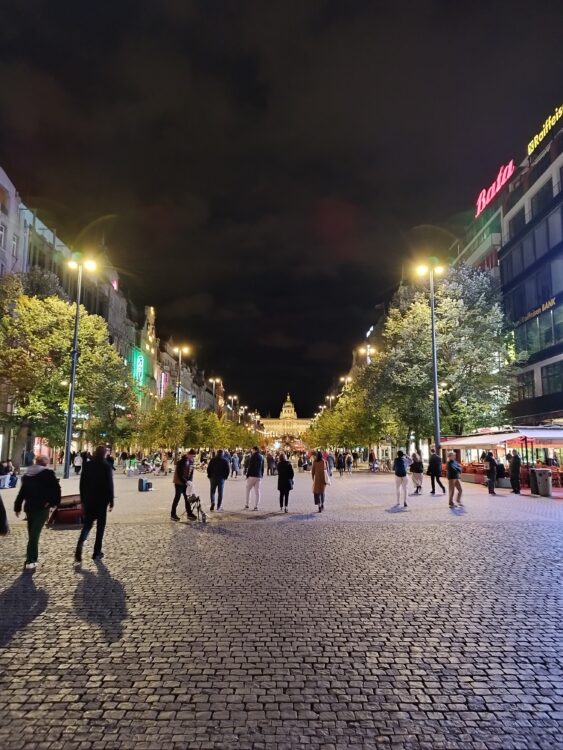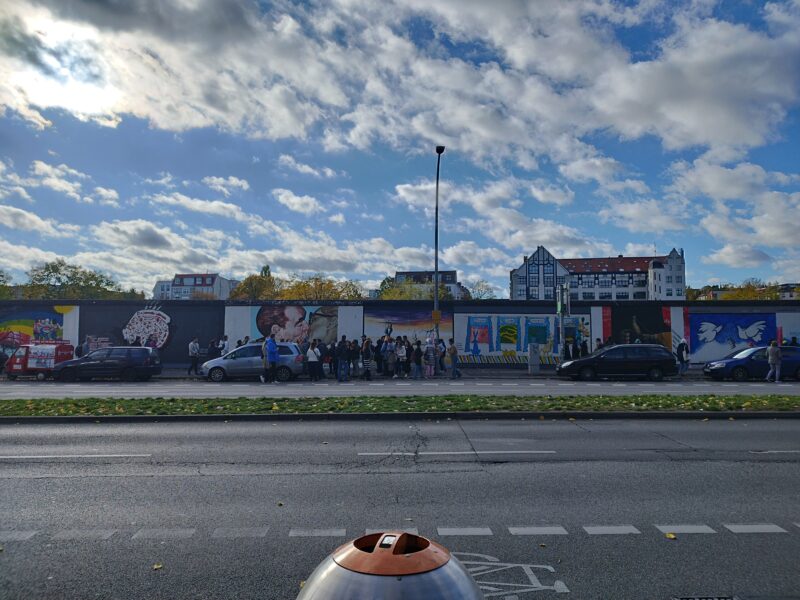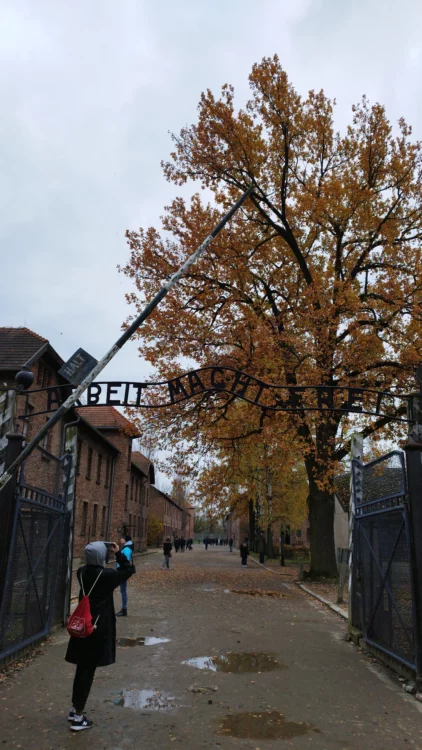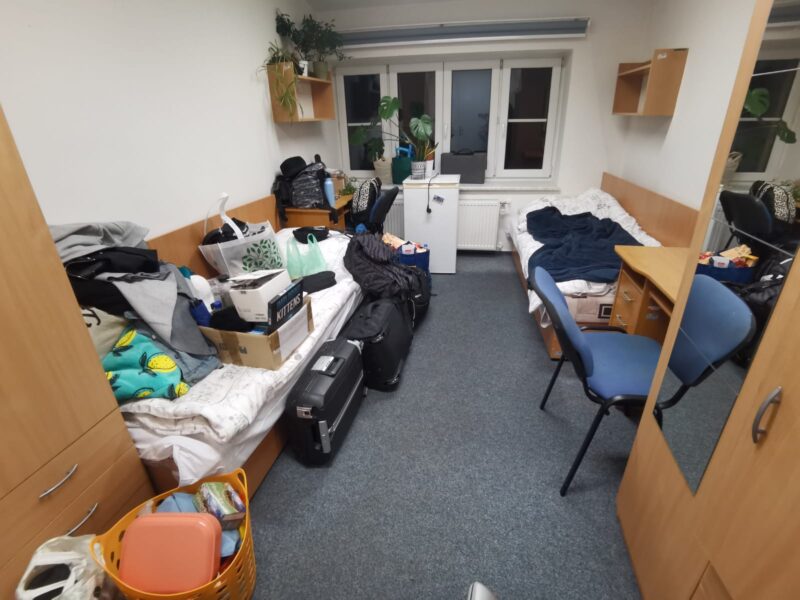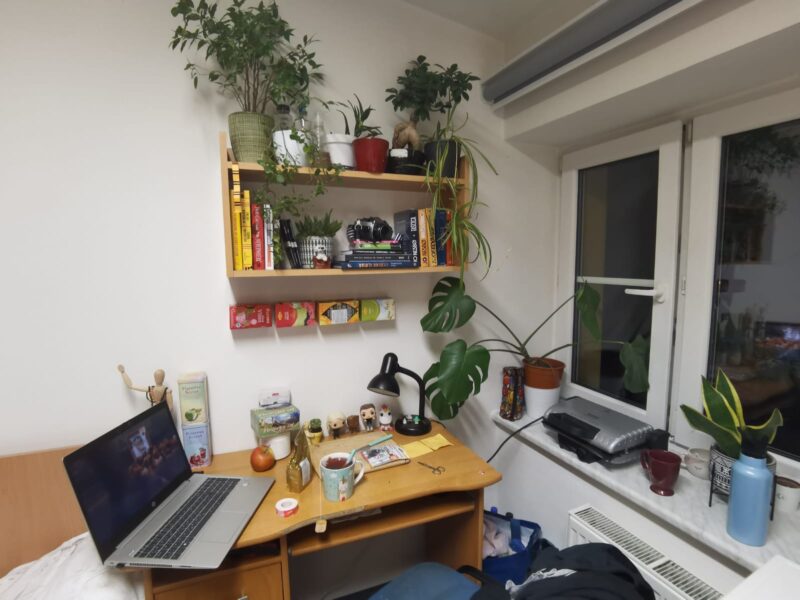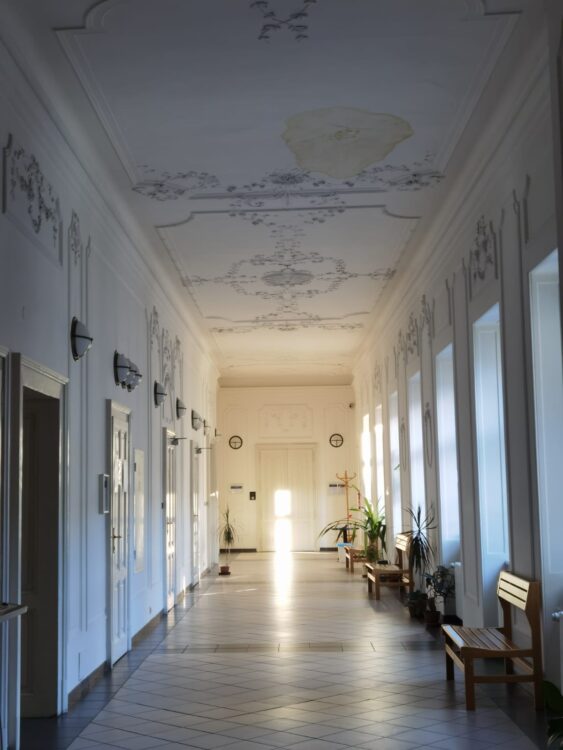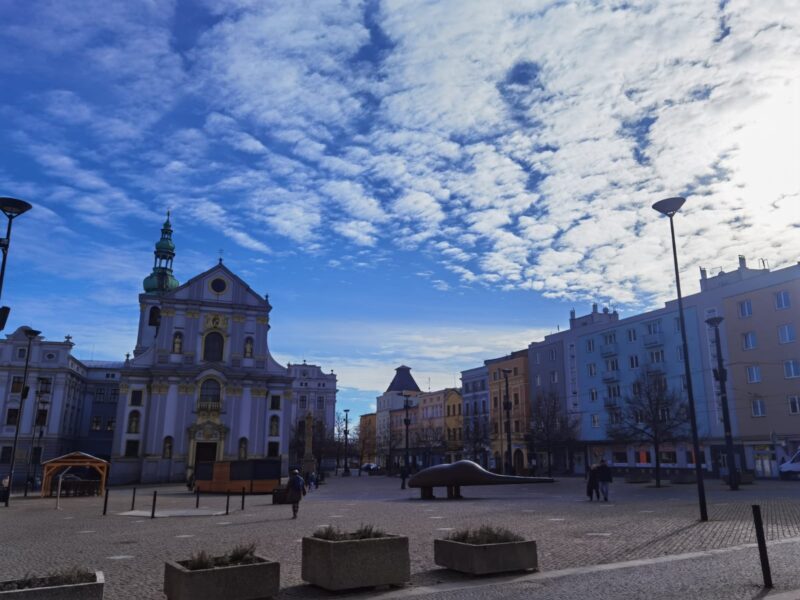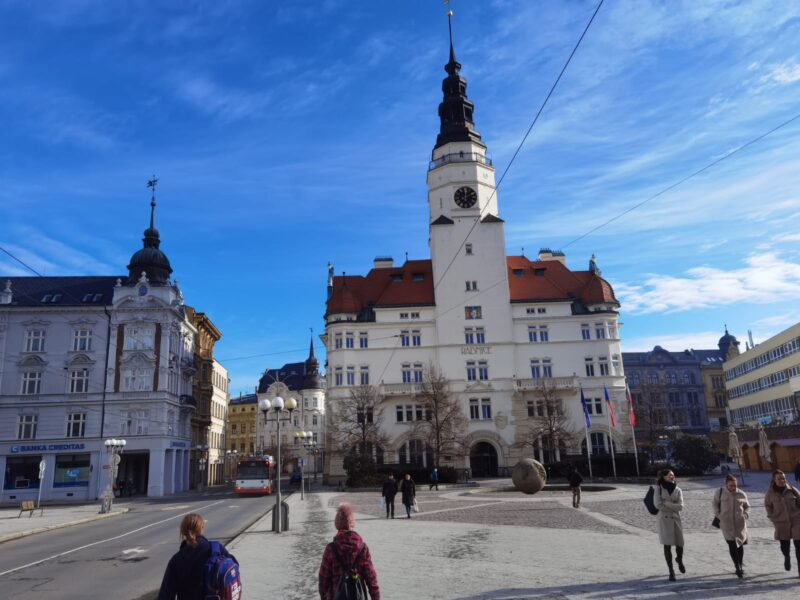I spent three months of the spring semester 2023/24 in Poland, working in animation company, meeting people and travelling.
I had a chance to work on 3 different projects, one each month, which was more than amazing. I gained various skills with ‘absolutely no stress or the deep feeling of messing everything up’… but no, in all seriousness, working with professionals who had more experience with animation sets, puppets and the whole process of movie making was terrifying at first, but I was lucky to have so many great people on my side. I forgot about the fear and just enjoyed the process of creating and learning along the way. I was never alone and whenever I didn’t know what to do, there was somebody’s hand ready to help out.
I was stationed in Łódź (pronounced Vuč/Wuč). The city is industrial, which makes it a not so desirable touristic spot. But it has beautiful red bricked buildings, big parks with lakes and great summer weather with 20-30 degrees. If you choose to visit, definitely go to the Piotrkowska street. It’s a 2 km long straight street you can walk on, with small shops and restaurants on both sides. So grab a paczka (polish doughnut) and enjoy the view. I strongly recommend the once largest Jewish cemetery in Poland, still one of the largest in the world.
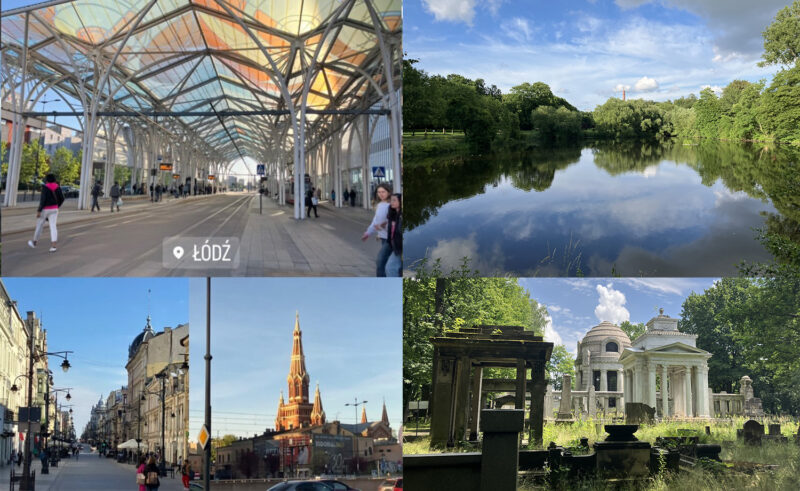
I went somewhere almost every weekend. In addition to Warsaw, Krakow and Gdansk, I also recommend Wroclaw, Poznan, Torun and Sopot (one of the cutest cities, only 15 minutes from Gdansk). If you’re more outdoorsy and a fan of hiking, head to the Tatra mountains or Narew national park. I was a solo traveler and it always felt safe. I slept on trains and busses without worrying and I didn’t detect any warnings about pick-pocketing. The food was good and the familiarity reminded me of home (lots of cabbage and potatoes). The best dish was pierogi – stuffed dumplings, usually boiled but can be fried, sour or sweet, stuffed with veggies, meat or chocolate, apples and more.
All the pluses:
- Working only for 20-40 hours per week, you have a lot of free time, so if you are concerned about catching up with school work or diploma, don’t worry, you can do it all!
- Bread is soo cheap!! Close to the closing hours it’s 0,35pln, which is 8 cents!
- All the food is usually cheaper than in Slovenia, except for the coffee in coffee shops.
- They have 51% student discount for transport, but you have to have the International Student Card with you or have it on the ISIC app. You also get discounts in museums and galleries.
- Working on different projects, being introduced to the actual world of your field and working with professionals is surprisingly comforting. It is like dipping your toes in water while wearing a floatie, being scared to jump.
- Travelling! I went all around Poland, visiting different places, trying all the food and beverages.
- Trains are fast/normal speed and on time.
- All the good things you’ve heard about Erasmus are true – you can meet new people, get connections, learn new language, get experience. But you can also change as a person. Get out of your comfort zone and explore, pretend you’re an extrovert, dress however you want. Or the oposite. Relax, become an introvert and turn your brain off, read a book and go on a walk. You can become whoever you want.
All the minuses:
- Looking for a place to stay, especially when you can’t see it before moving in, is a bit tricky. I recommend this one: housinganywhere.com , it worked for me.
- Be careful with using student ID on busses and trains (especially busses!). If you don’t have the International Student Card, they will fine you (the regular student card of the school is not enough). Trains are okay because you can just pay a bit extra but busses are more strict, don’t mess around.
- Depends on the size of the city you’re visiting, but not a lot of people speak English. They usually know a few words but I recommend learning some simple Polish phrases. Because of this, you’re often left out of the conversation which can increase isolation. Find some friends, grab a drink with them and instead of wanting to go home it will feel more like home.
- City transport in Lodz was bad. You get 40 minutes ticket for 4,40pln and it’s just enough for a 6 km ride. Sometimes walking is almost as fast as driving. If you have to go somewhere fast, use bolt scooters or city bikes. And if you want to save money, the streets are relatively flat (except Warsaw), so just walk.
- Also on the topic of bikes… watch out for the bike lanes. They are usually on the outer side of the sidewalk and can change to the inner side unexpectedly.
DON’T FORGET:
- Poland doesn’t have euros, it has zlots/zloty. Check the exchange rate, it varies. It’s usually 1eur = 4,25-4,35 pln. Go to mbank.pl and look at current exchange rates. For lower rent, pay when it’s more towards 4,35.
- When paying with card, click don’t conform (because of exchange rate). DO NOT pay with euros – DO pay with zlots.
- Use housinganywhere.com for looking for apartments, use Jakdojade for transport (for buses, trams and trains, useful anywhere in Poland – for in city commute or travelling across the country).
- Get the International Student Card – https://www.isic.org/ and download the app so you have it on your phone (it is valid and they will accept the phone version).
